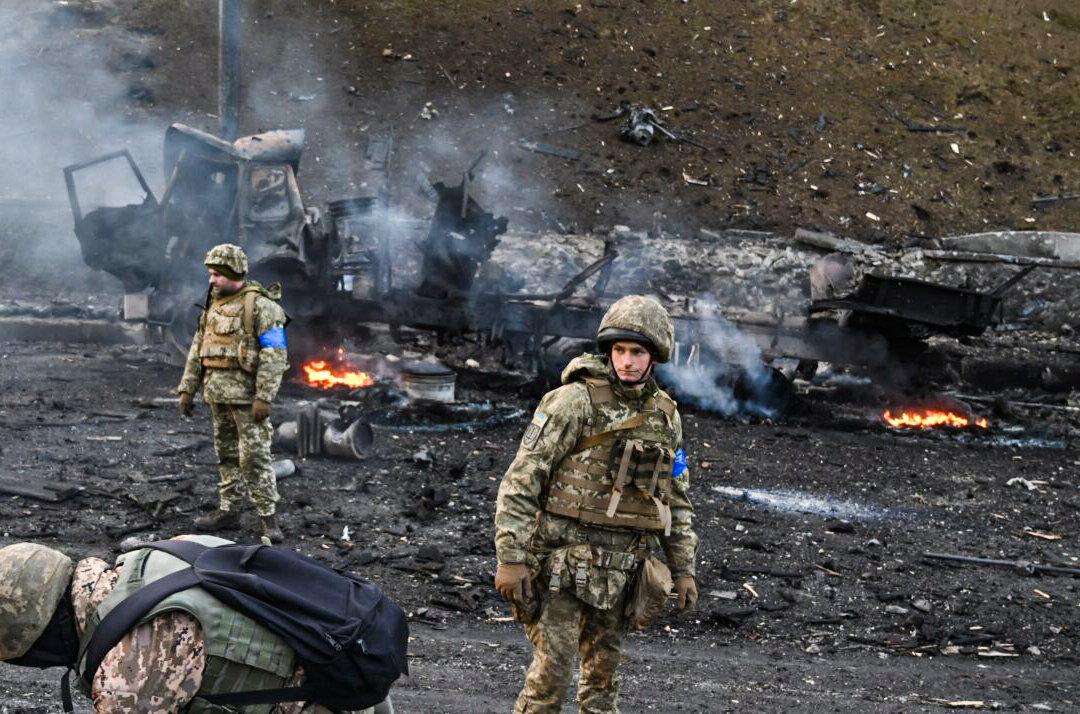Singapore’s manufacturing activity dropped further last month, showing the slowest rate of expansion in more than a year-and-a-half.
The March reading of the Purchasing Managers’ Index (PMI) dipped 0.1 point to 50.1, which is the lowest since August 2020, according to data published by the Singapore Institute of Purchasing and Materials Management (SIPMM).




